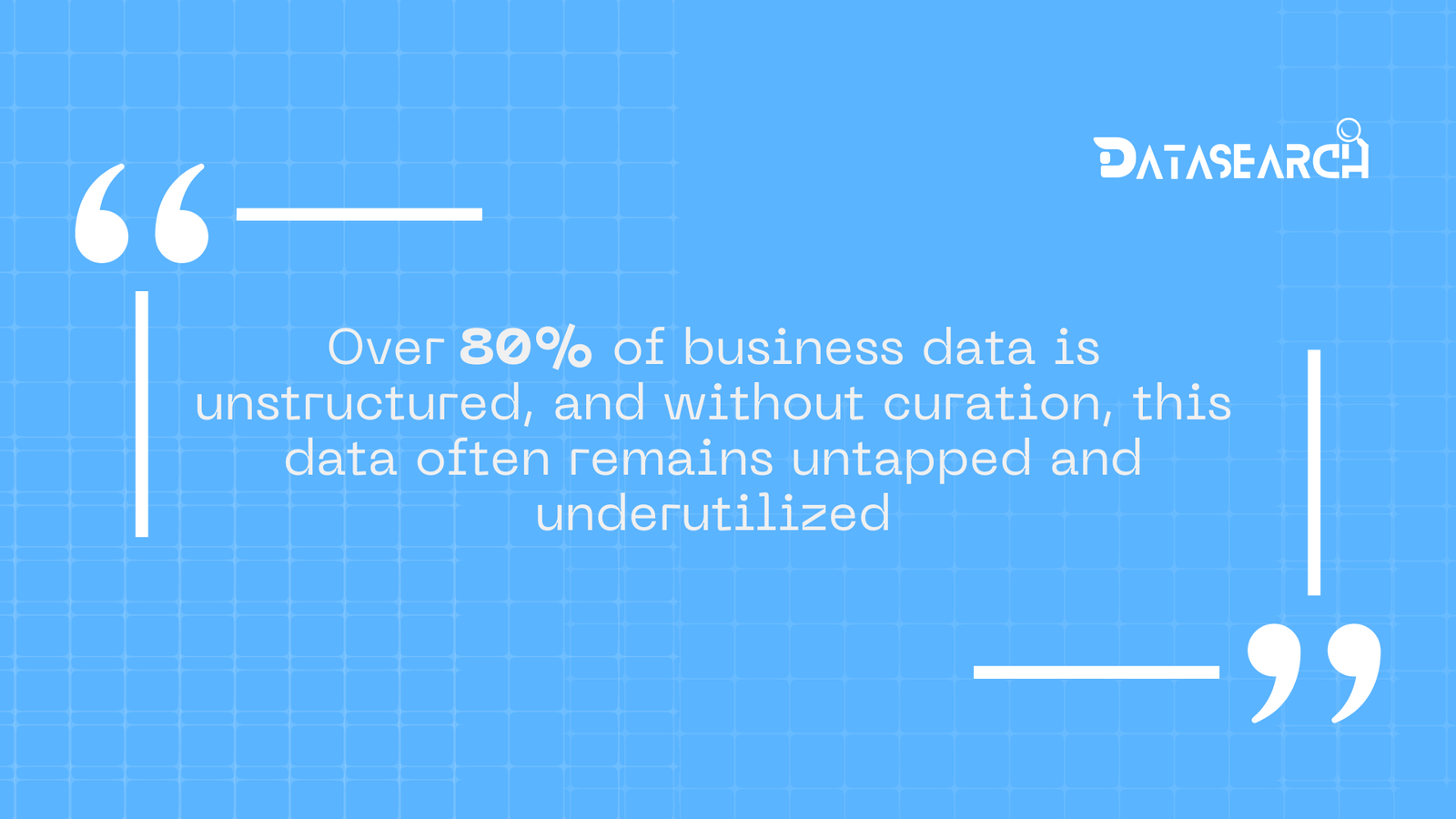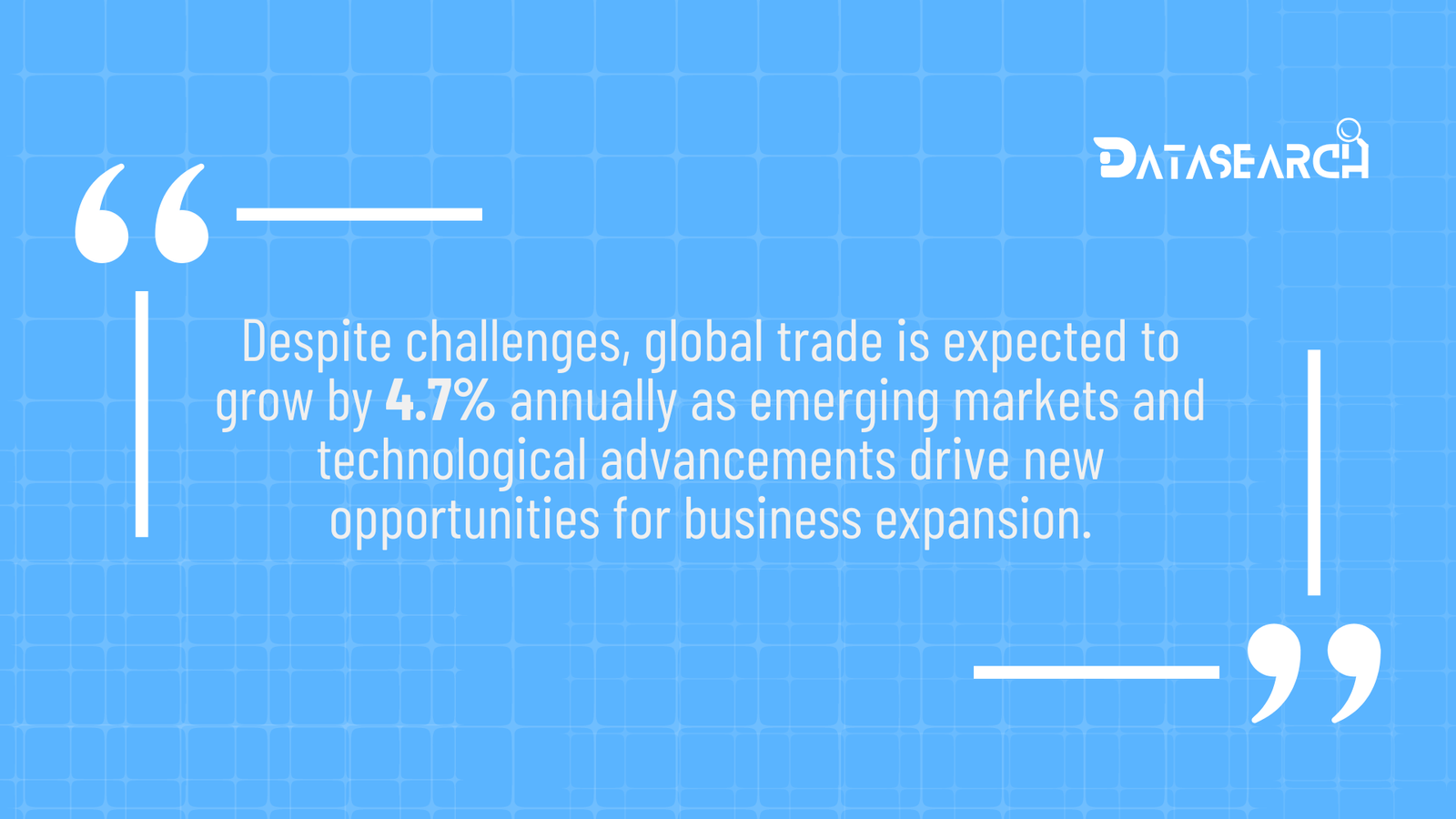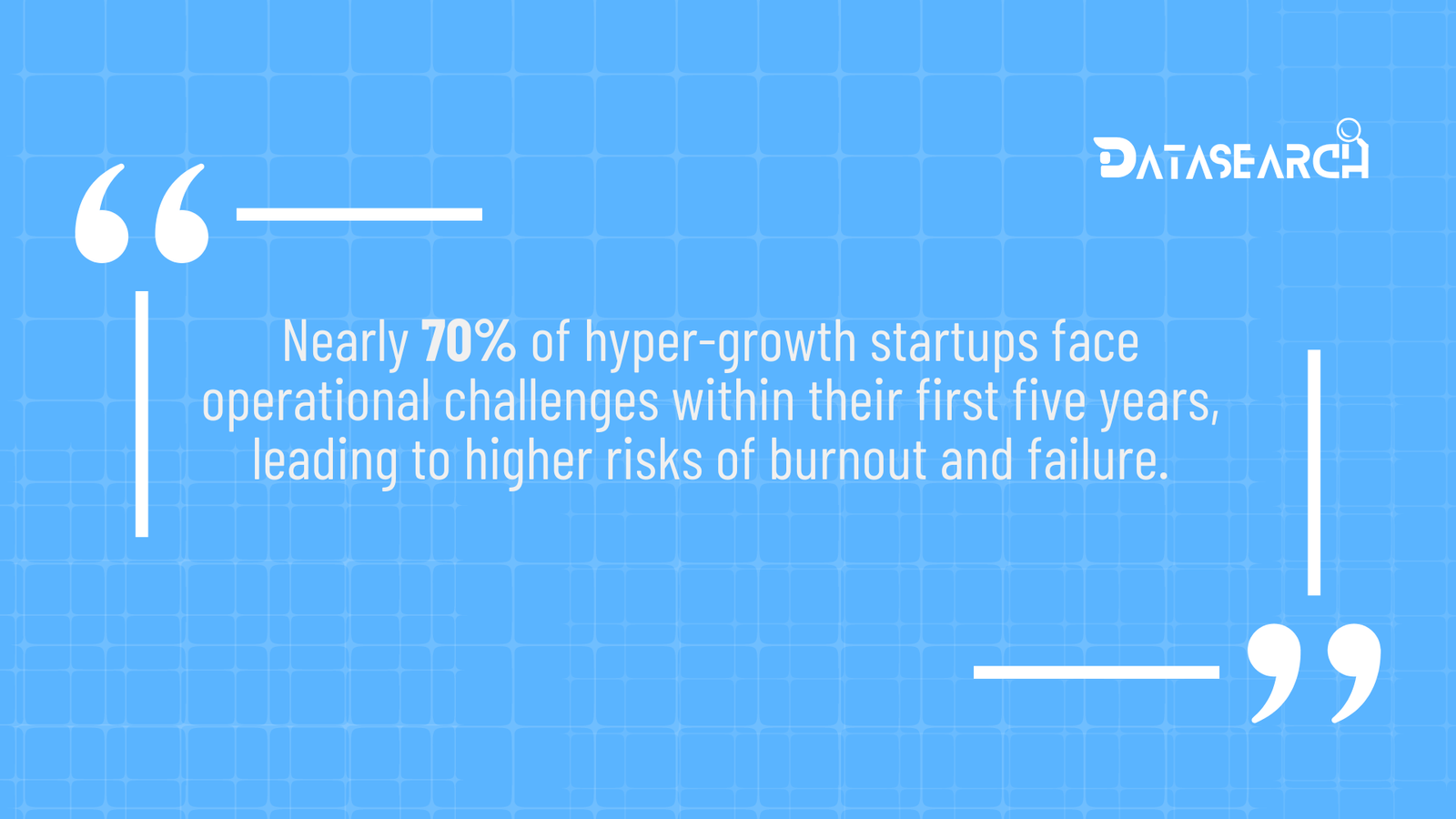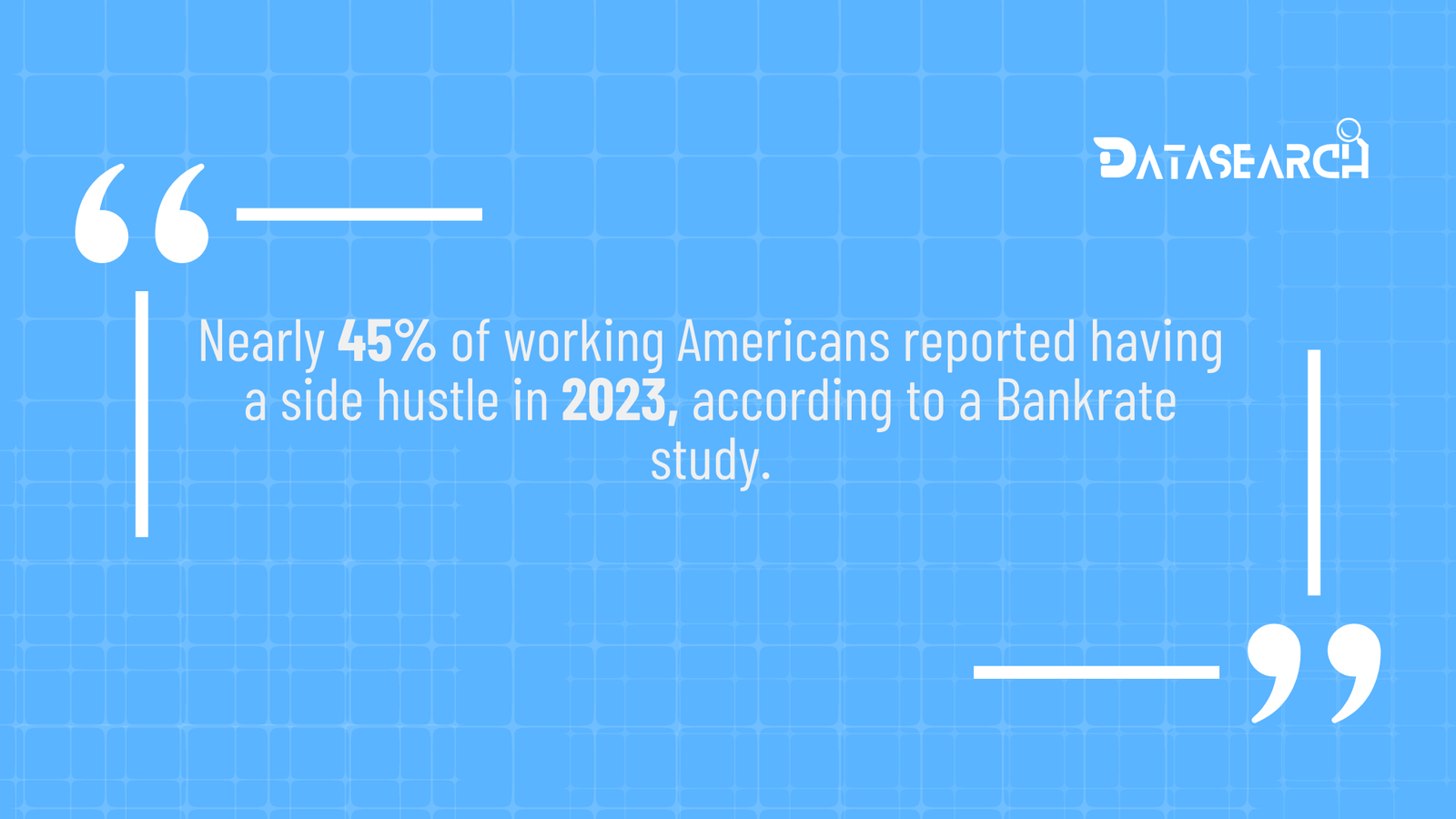In the digital age, data is often seen as a vital asset for businesses, driving decisions and offering insights into customer behavior, market trends, and operational efficiencies. However, many organizations fall into the trap of data hoarding—gathering vast amounts of information without proper organization or analysis. This can overwhelm teams and obscure the valuable insights hidden in the noise. To truly leverage data, modern enterprises must shift their focus from hoarding to data curation.
In this article, we’ll explore the importance of data curation, outline best practices for efficient data management, and demonstrate how enterprises can extract actionable insights from their data.
What Is Data Hoarding?
Data hoarding refers to the accumulation of large volumes of data without a clear plan for its organization, analysis, or application. While collecting data is a necessary first step, businesses that hoard data often struggle to make sense of it. This leads to several issues:
- Inefficiency: Managing and storing vast quantities of data can become time-consuming and expensive.
- Lost Opportunities: Without curation, valuable data insights may be buried under irrelevant or redundant information.
- Compliance Risks: Storing unnecessary or sensitive data for long periods can expose businesses to regulatory and security risks.
The Shift Toward Data Curation
Data curation involves systematically organizing, managing, and maintaining data to ensure its relevance, quality, and usefulness. By curating data effectively, businesses can transform raw information into actionable insights. The process includes:
- Data Cleaning: Removing redundant, outdated, or irrelevant data.
- Data Categorization: Grouping related data sets and organizing them for easier access.
- Data Enrichment: Enhancing raw data with context or additional information to make it more meaningful.
This shift from hoarding to curation enables enterprises to make better decisions, improve operational efficiency, and reduce compliance risks.
Best Practices for Data Curation in the Modern Enterprise
Establish a Data Governance Framework
A data governance framework defines how data is collected, stored, processed, and accessed across the organization. It ensures consistency, compliance, and accountability in data management. Businesses should establish clear policies for data ownership, access rights, and security protocols to maintain high-quality data.Prioritize Data Quality Over Quantity
Not all data is useful. Focus on collecting data that aligns with your business objectives and can provide actionable insights. Regularly review and clean your data to eliminate duplicate, irrelevant, or outdated information.Invest in Data Management Tools
The right tools can streamline the curation process, helping businesses organize, analyze, and visualize data effectively. Consider adopting cloud-based data management platforms, data analytics software, and AI-driven tools that can automate data cleaning and categorization.Implement a Data Lifecycle Management Strategy
Define the lifecycle of your data—from collection to deletion. Regularly assess data to determine what should be retained, archived, or deleted. This minimizes storage costs and reduces the risk of retaining unnecessary data.Foster a Data-Driven Culture
Encourage employees to embrace data-driven decision-making across all departments. Provide training on how to analyze, interpret, and use data effectively, ensuring that data is viewed as a strategic asset rather than a byproduct of operations.Ensure Compliance with Data Privacy Regulations
As data privacy regulations like GDPR and CCPA continue to evolve, businesses must stay compliant to avoid fines and reputational damage. Curating data responsibly helps ensure that sensitive information is handled appropriately, with clear processes for data retention, deletion, and access control.
Benefits of Data Curation
Adopting a data curation strategy offers several advantages for modern enterprises:
- Improved Decision-Making: Curated data is more relevant, accurate, and timely, enabling businesses to make informed decisions quickly.
- Enhanced Efficiency: By organizing and managing data systematically, teams spend less time searching for information and more time acting on insights.
- Reduced Storage Costs: Curating data reduces unnecessary storage costs by eliminating redundant and irrelevant data.
- Stronger Compliance and Security: Proper data curation helps businesses stay compliant with regulations and protects sensitive data from security breaches.
How Data Curation Can Revolutionize Your Business
Enterprises that embrace data curation are better positioned to thrive in a data-driven world. By managing data effectively, businesses can extract actionable insights, make more informed decisions, and maintain a competitive edge in their industries.
How DataSearch Can Help Your Business Transform Data Management
At DataSearch, we specialize in helping businesses optimize their data strategies. Our platform provides advanced data analysis tools that enable you to curate, enrich, and target your data effectively. Whether you’re looking to streamline your data management processes or uncover valuable insights, DataSearch has the solutions you need to turn your data into a powerful asset.
Visit DataSearch.pro today to discover how we can help your business move from data hoarding to data curation. 📊🔍




